How do Health Spending Accounts work for small businesses in Canada?
Health Spending Accounts (HSAs) are changing the game for small businesses in Canada when it comes to employee health benefits. These accounts offer a smart way to manage health costs without the heavy premiums of traditional insurance. HSAs give both employers and employees more control over healthcare spending, plus they come with some tax perks.
For small businesses, HSAs are a breath of fresh air. They work on a simple idea: the employer sets aside a certain amount for each employee’s health expenses. This money can be used for various health and dental costs. It’s a straightforward system that makes managing benefits easier and gives employees more choices in using their health dollars.
What is a Health Spending Account (HSA)?
An HSA is a special account that helps Canadian small businesses provide health benefits to their workers. It’s pretty straightforward: the company puts money into individual accounts for employees to use on health expenses. This setup is different from regular insurance plans with their fixed premiums and coverage limits. HSAs are more flexible, which is great for small businesses trying to balance good benefits with budget constraints.
One of the best things about HSAs is how they handle taxes. When employers put money into these accounts, they can deduct the used portion as a business expense. And when employees use the money they don’t have to pay taxes on it. This creates a win-win situation, helping businesses save on taxes while still providing valuable health coverage to their staff.
How Does a Health Spending Account Work?
HSAs are pretty simple to use. At the start of the year, the employer decides how much to put into each employee’s account. This amount can be the same for everyone or different based on things like job position.
When employees have medical or dental expenses, they can claim them against their HSA balance. Usually, a third-party company handles these claims, checking if the expense is allowed and then reimbursing the employee. HSAs cover a lot of health costs that provincial health plans don’t usually pay for.
One great thing about HSAs is how flexible they are. Unlike regular insurance which might have strict limits on different types of care, HSAs let employees use their funds however they need. This means people can prioritize what’s important for their health, whether that’s braces, glasses, or something else.
Substantial Health Saving Case Study
HSAs can lead to big savings on healthcare costs for both employers and employees. Let’s look at an example to see how this works:
Without an HSA Plan (After-tax expenses):
Medical bills: $3,000
Income tax: $1,800
Total out-of-pocket cost: $4,800
With a Coastal HSA Plan (Before-tax):
Medical bills: $3,000
HSA fee & GST: $252
Total cost: $3,252
Difference: $4800 – $3252 = $1548
In this case, using the HSA saves $1,548 on a $3,000 dental expense. That’s a huge difference! This saving comes from the tax advantages of HSAs. When you pay for medical expenses out of pocket with after-tax dollars, you end up spending more. But with an HSA, you avoid paying income tax on the money used for health expenses.
This example shows how powerful HSAs can be, especially for people with big healthcare costs. The tax savings alone can make a real difference in a family’s budget, potentially encouraging people to take better care of their health without worrying so much about the cost.

Eligible Expenses for Health Spending Accounts
Health Spending Accounts (HSAs) in Canada cover a wide range of medical expenses as defined by the Canada Revenue Agency under the Income Tax Act. These accounts offer flexibility by reimbursing costs that may exceed traditional health plan coverage or aren’t typically included in standard plans.
Key features of HSA coverage include:
- Supplementing traditional plans: HSAs can cover the remaining balance of expenses partially covered by regular health insurance.
- Covering unique treatments: Procedures like laser eye surgery, often excluded from traditional plans, can be eligible under HSAs.
- Handling deductibles and co-payments: HSAs can be used to pay the portion of expenses not covered by primary insurance.
Eligible expenses typically include:
- Dental care (non-cosmetic procedures, including braces)
- Vision care (glasses, contacts, laser eye surgery)
- Prescription medications
- Paramedical services (physiotherapy, chiropractic care, massage therapy)
- Medical devices (hearing aids, diabetic supplies, catheters)
- Diagnostic tests (MRIs, CT scans, x-rays)
- Attendant care for individuals requiring full-time assistance
- Cancer treatments and related expenses
- Cochlear implants
- Transportation or lift equipment for impaired individuals
HSAs cover 100% of approved claims up to the annual limit set by the employer. However, they don’t cover items like health supplements, vitamins, over-the-counter medications, or cosmetic procedures.
It’s important to note that while HSAs offer broad coverage, they must adhere to the Canada Revenue Agency’s guidelines. HSA providers should provide clear information about what qualifies for reimbursement under their specific HSA plan.
Conclusion
Health Spending Accounts, or HSAs, are changing the game for small businesses in Canada when it comes to employee health benefits. They’re a simpler, more flexible way to help employees with their health costs without breaking the bank.
What’s great about HSAs is that they work well for both employers and employees. Businesses can control their costs better, and workers get more say in how they use their health dollars. Plus, there are some nice tax perks for everyone involved.
For small business owners, HSAs are a breath of fresh air. They’re easier to manage than traditional insurance plans and can cover a wide range of health expenses. This means happier, healthier employees without the headache of rising insurance premiums.
In the end, HSAs are more than just a health benefit – they’re a smart business move. They help small companies compete for talent, keep their people happy, and stay financially healthy. As healthcare keeps changing, HSAs are looking like a smart choice for businesses that want to stay ahead of the curve.




